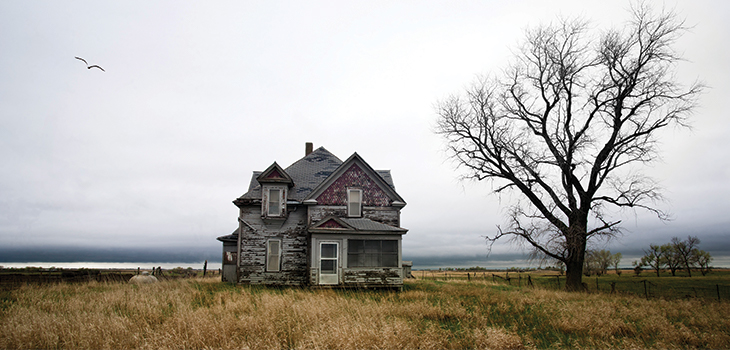
In the celebrated English case of Brown v Burdett (1882) 21 Ch D 667, the testatrix left her house to trustees upon trust to block up all the windows and doors in every room (except those in which she directed that a housekeeper and his wife should reside) for a period of 20 years and thereafter the property was to pass to the beneficiaries named in her will. The judgment, which expressly refers to the uselessness of the trust, highlights the fundamental question of whether it is open to a testator to divert (or even permanently exclude) property by his will from family and dependants purely on a whim, or on the basis of some eccentric notions of vanity and self-expression.
No humans
In the Australian case of Re Boning [1997] 2 Qd R 12, the testator left his house to trustees, for a period of 20 years, with the condition that all animals








